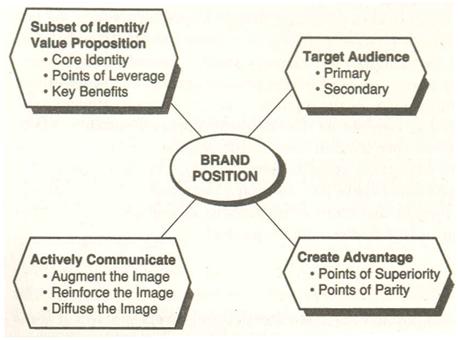The core thought behind brand positioning is the idea that each brand (if at all noticed) occupies a particular point or space in the individual consumer’s mind, a point that is determined by that consumer’s perception of the brand in question and in its relation to other brands. The spatial distance between the points in that consumer’s mind reflects the subject’s perception of similarity or dissimilarity between products and brands.
Four Important Characteristics of Brand PositioningThe four salient characteristics of brand positioning are:.
1. Look to the Core IdentityThe core identity by definition represents the central, timeless essence of the brand.… Read the rest




